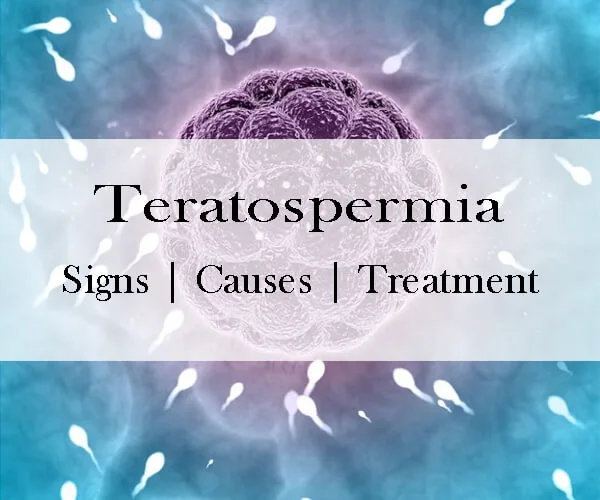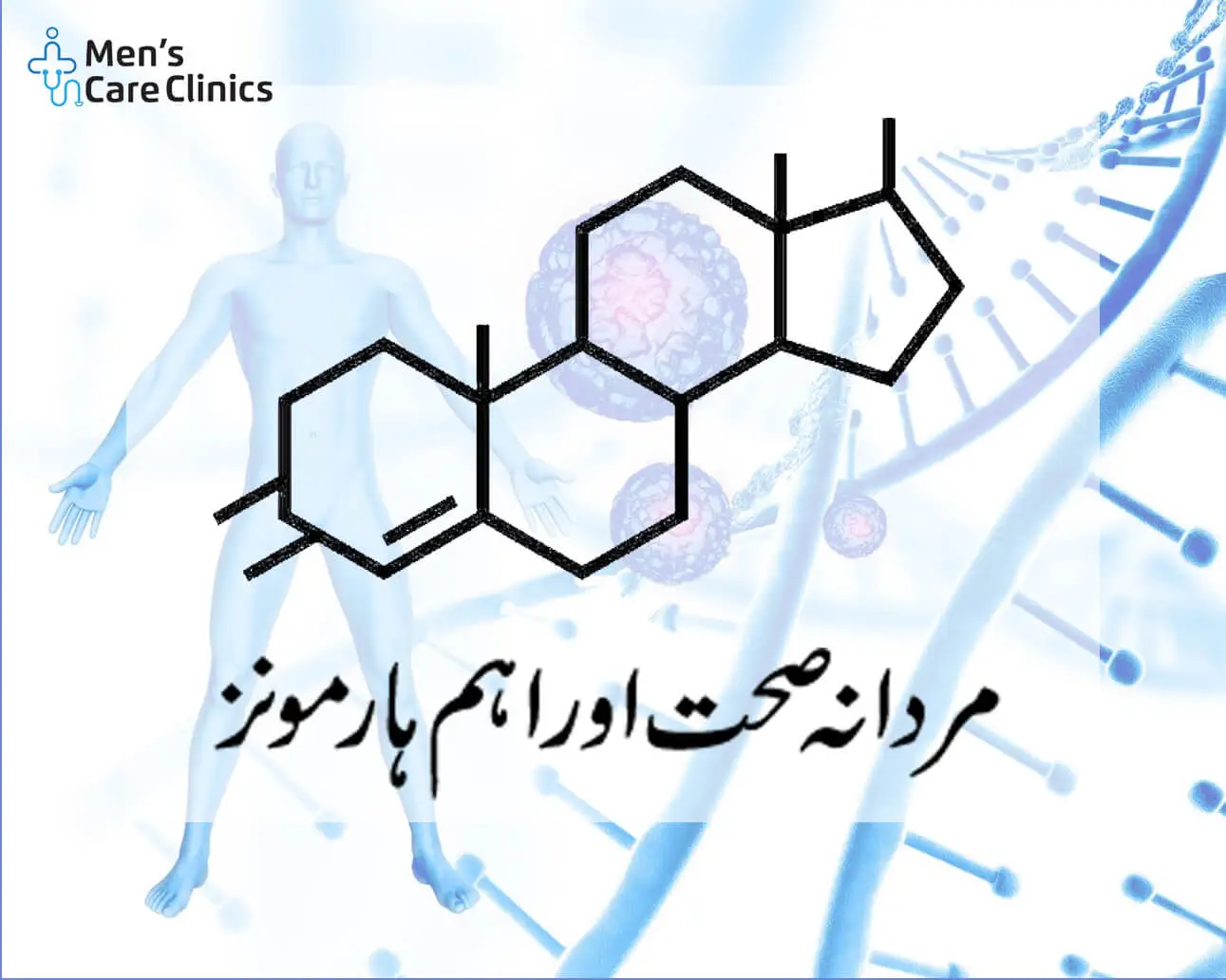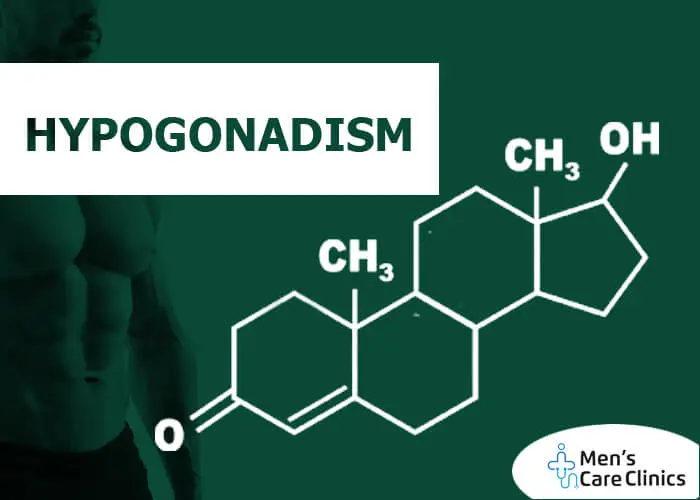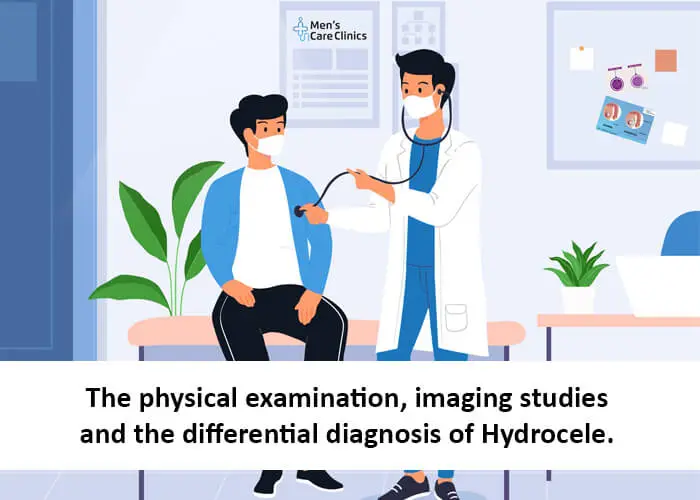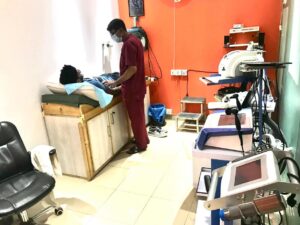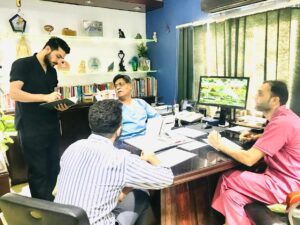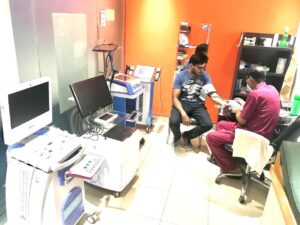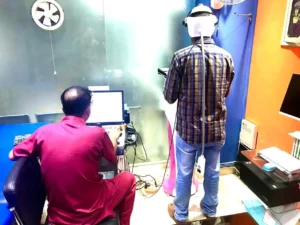Strict standards have been developed by the World Health Organization (WHO) for evaluating sperm morphology. According to their rules, a man is considered to have teratospermia if his normal form sperms are <4 %.
Teratospermia-Teratozoospermia
Teratospermia, is a medical disease that happens when a man’s ejaculate has a lot of abnormal shaped sperm. In other words, a large number of a man’s spermatozoa (sperm cells) have abnormal morphology.
Q: What is the normal size of sperm?
Ans: The head of a sperm is usually 5 microns long, and the whole sperm is about 50 microns long.
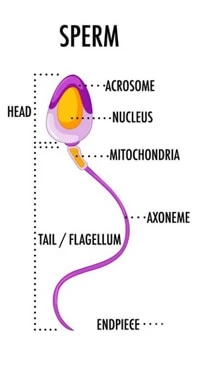
Stages
The severity of teratospermia is usually graded into the following stages:
Mild teratospermia: In this stage, between 10% and 20% of the sperm in a sample look different. Even though there are a few more abnormal sperm, it may still be possible to get pregnant.
Moderate Teratospermia: In this Stage, about 20% to 40% of the sperm have an abnormal morphology. Fertilization may not work as well, and reproductive problems may become more evident.
Severe teratospermia: The sample contains sperm with abnormal shapes in more than 40% of the cases. The chances of getting pregnant naturally are significantly reduced and fertility is greatly disturbed.
It’s important to know that the standards for grading teratospermia can be quite different in different labs and among different doctors. Fertility can also be affected by things like a low number of sperm (oligospermia) or sperm that don’t move well (asthenospermia).
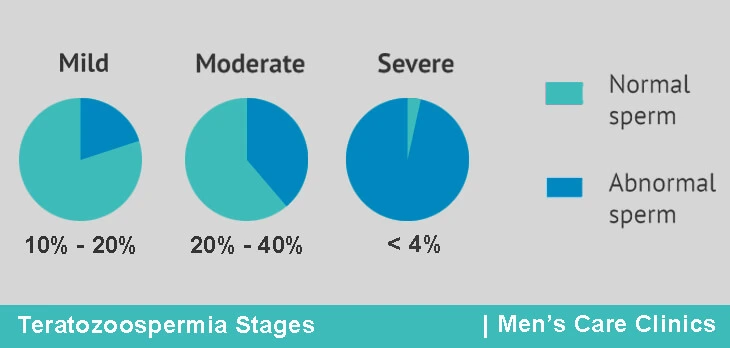
Causes
Some of the common causes of teratospermia include:
- Varicocele.
- Sexually transmitted Infections (STIs) or urinary tract infections (UTIs).
- Testicular overheating.
- Smoking
- Drugs use.
- Poor nutrition.
- Radiation and chemotherapy.
- Hormonal Imbalance.
- Cancer.
- Hypertension.
- Diabetes.
- Oxidative stress.
Symptoms of Teratozoospermia
Without semen analysis, signs of abnormal Sperm Morphology might not be seen. Potential signs and symptoms could be:
- Infertility: One of the main signs of teratozoospermia is that it is hard to get pregnant, even after a year or more of regular, uncontrolled sexual activity.
- Study of abnormal sperm: A semen study is essential for determining if a person has teratozoospermia. In the semen sample, there will be a more significant number of sperm with strange shapes.
- The low number of sperm: In some cases, teratozoospermia can be linked to a low number of sperm, which is called oligospermia.
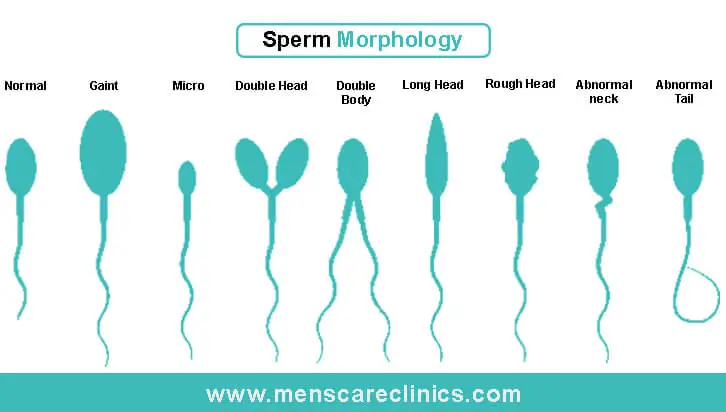
Treatment for Teratospermia
As we mentioned before that, there are three stages of teratospermia, so here are some treatment options may recommend according to the severity of teratozoospermia:
- Lifestyle Changes
A healthy lifestyle can have a good effect on sperm health. Includes eating a healthy diet, working out frequently, avoiding smoking, excessive drinking, and using recreational drugs. Stress management is also helpful. - Antioxidant Supplements
Antioxidants, such as vitamins C and E, coenzyme Q10, and zinc, have been shown to improve sperm health and reduce oxidative stress, which can damage sperm. Your doctor may suggest antioxidant supplements to improve sperm morphology. - Medications
Your doctor may occasionally recommend medicines to treat particular underlying causes of moderate teratospermia, such as hormonal imbalances or infection - (IVF) with (ICSI)
IVF with ICSI is a very effective way to treat serious teratospermia. During this process, eggs are taken from the woman’s ovaries and fertilized outside her body by injecting a single sperm directly into each egg. This gets around the need for the sperm to reach the egg naturally and improves the chances that the egg will be fertilized. - Testicular Sperm Aspiration (TESA) or Testicular Sperm Extraction (TESE)
If the male partner has very few normal sperm in the ejaculate or none at all (azoospermia), sperm can be taken directly from the testicles using TESA or TESE, which are medical procedures. The sperm taken out can then be used with IVF and ICSI. - Sperm from a donor
If a person has severe teratospermia and no normal sperm at all, or if other methods are not possible, they can use donor sperm for insemination or IVF with ICSI. - PGT stands for “preimplantation genetic testing
PGT is an approach to check for genetic problems in eggs before putting them in the womb. It may be used with IVF and ICSI. This can help choose embryos with a normal amount of chromosomes, which may increase the chance of a safe pregnancy and lower the chance of a miscarriage.
Living With
Living with abnormal sperm morphology can impact various factors in men’s life. Some of the complications of teratospermia include:
- Infertility.
- Difficulty to Conceive.
- Increased Risk of Miscarriage.
- Increased Need for Assisted Reproductive Techniques
- Emotional and Psychological Stress.
- Relationship Strain.
- Financial Burden.

